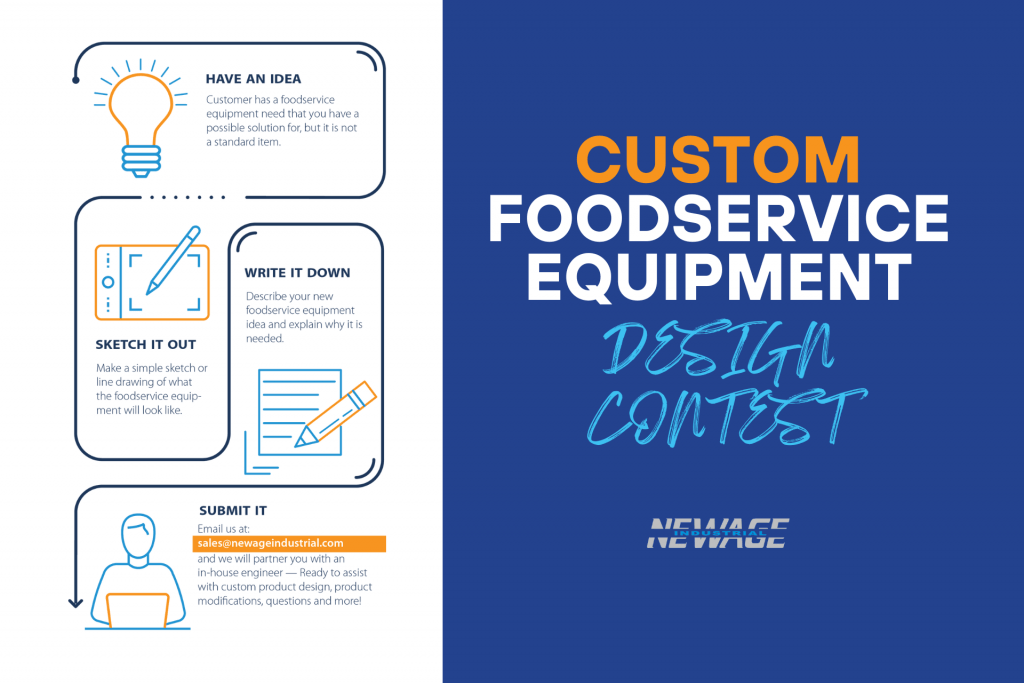
The UK is shadowing the rest of Europe, finally shuttering bars and restaurants late on 20 March. It is still possible for those foodservice outlets to offer takeout or delivery, and this has proven to be a cashflow lifeline for businesses that have been forced to pivot almost overnight.
“There was already a massive shift towards delivered food and this will simply feed that move,” says Chris Stern FCSI, managing director of Stern Consultancy.
McDonald’s announced earlier today (Monday) it would close all 1,270 of its UK restaurants completely by the end of the day, while fellow operator Nando’s also said it had now officially closed its approximately 400 restaurants in the UK “until further notice”. Costa Coffee, sushi grab n’go Itsu and sandwich chain Subway were also planning to shutter UK branches later today.
Managing the change
Some businesses have made the most of the situation: London-based social enterprise Fat Macy’s, which usually serves home-cooked meals at supper clubs or events, has created a ‘Corona care package’ food hamper.
Some businesses, particularly smaller ones, have been able to offer localised delivery themselves. However, others are reliant on the delivery giants like Deliveroo, Uber Eats and Just Eat, all of which have seen a spike in sales. Despite the new need for their support the largest delivery companies have also been slow to cut their sign-on fees for new businesses, which range from £300-500. At the time of writing, they still charge around 25% commission on each delivery sale, eating into an already minute profit margin.
Still, foodservice businesses and providers are turning their kitchens to other use as far as they can: BrewDog, an independent brewer based in Scotland, has even been making hand sanitiser at its Aberdeenshire distillery and distributing it for free to those in need.
It’s not only commercial foodservice that is stepping up to the plate. In the UK, government advice is for schools to work with caterers and councils to provide food for children in need – advice which was implemented after many schools had already set an example by doing so.
The long-term view
There could be some good to come out of this crisis, Stern says. On a practical level, caterers will likely take a newly vigorous look at their structure. “I don’t doubt caterers will be looking carefully at their contracts to ensure they are covered for crises like this,” says Stern. “Clients too will be thinking it through and I guess many will want tighter contracts to protect them more.”
“I actually think this is an opportunity to cut out a lot of the dead wood in catering contracts and make them more fit for purpose,” he says. “Right now we seem to be suffering a paralysis that I hope will end soon, with clients looking at their catering seriously and finding ways of making it work better.”
Until this crisis unfolds further, the future of the industry remains unknowable. But as businesses cover what they can, they’re proving that the foodservice sector is both resilient and adaptable.
“Let’s also remember that people will be sick of staying in soon,” says Stern. “Once we can all go out again, if we can afford to, I suspect we’ll be hitting bars and restaurants with a vengeance.”
Frances Ball




